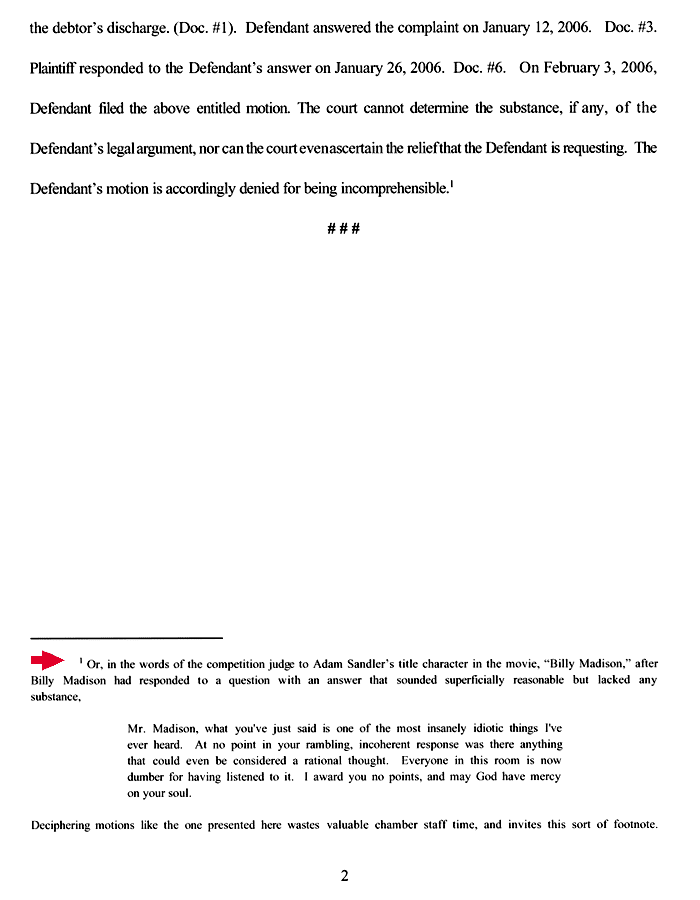@ortallus
This is a snippet from an article regarding the shooting in Kansas:
In this case, Wichita local Andrew Finch, whose family members say did not play video games and was a father of two young boys, answered his door only to face down a SWAT team-level response. Allegedly, one officer immediately fired upon Finch, who later died at a hospital. It’s unclear why Finch, who is said not to have had a weapon on him, was fired upon. The Wichita Eagle reports that the police department is investigating the issue, which occurred late Thursday night.
Here's another account from a Kansas news site:
On Thursday, Deputy Wichita Police Chief Troy Livingston said a substation received a call that there was a hostage situation in a house in the 1000 block of West McCormick — and that someone had been shot in the head.
“That was the information we were working off of,” he said, explaining that officers went to the house ready for a hostage situation and they “got into position.”
“A male came to the front door,” Livingston said Thursday night. “As he came to the front door, one of our officers discharged his weapon.”
Livingston didn’t say if the man had a weapon when he came to the door, or what caused the officer to shoot the man.
Here's something apparently from the NYPD negotiation handbook regarding hostage-takers:
Crisis Negotiation Skills #1. “Talk to Me”
The NYPD HNT’s motto, “Talk to Me,” emphasizes communication as an essential police negotiation technique for their crisis negotiators, and for good reason. Opening up avenues of communication to your counterpart signals that you are ready to listen, an integral first step to building rapport between negotiating counterparts by “build[ing] trust…as well as display[ing] empathy,” which can lead to further mutual gains at the bargaining table as the negotiation progresses beyond the initial stages.
Do you see the first step? Is it "shoot at the suspect when he's coming to the door"?
No.
People, like you, think it is okay to shoot at the suspect before ascertaining the situation. It is not. In a hostage situation, you don't point and shoot. You just don't. There is no evidence that Finch had a gun; there is no evidence there were any hostages; and there is no evidence that anyone bothered trying to reach the occupants of that house prior to shooting.
Having personally trained police officers as a prosecutor, I can tell you, right now, that what happened is not how police officers are trained to deal with active hostage situations. At least, not in places that actually put time and effort into training their law enforcement officers.
Think about it for just a second.
Did anyone try to call Finch in the house? No.
Did anyone try to ask for Finch to come out with his hands up? No.
Did anyone use any of a large number of devices to scan the interior of the house? No.
So, how could they have known he was armed? That he had any hostages? If you know anything about procedures in hostage situations, it is that a breach is the last thing anyone wants to do, so you should make all reasonable efforts to make contact with the hostage-taker. And when that fails, then a breach may be necessary.


